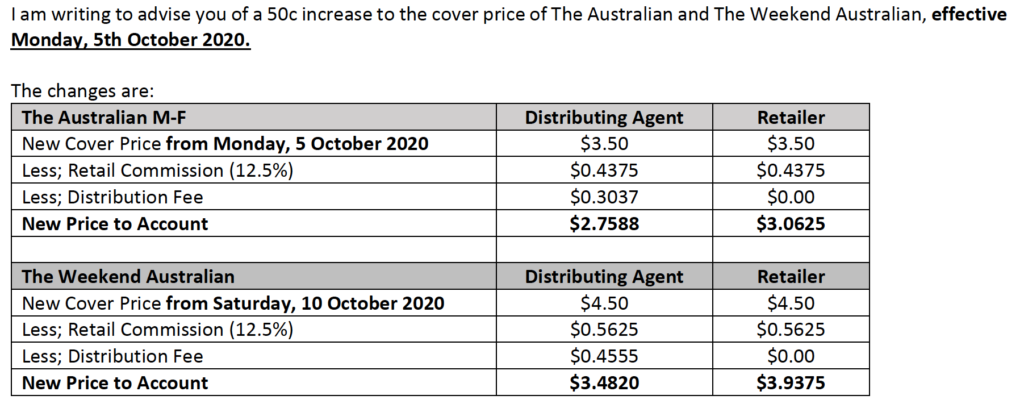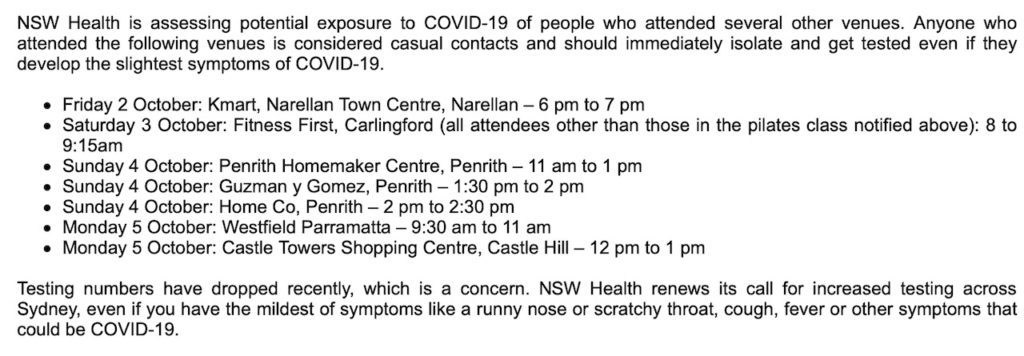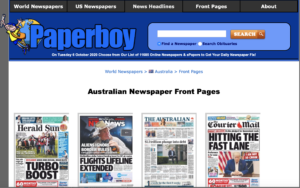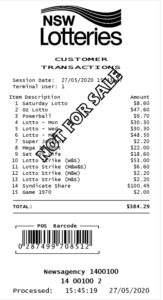I wrote this article a few days ago for a publication and share it here because I know of some newsagents who are having an awesome 2020 and who feel uncomfortable talking about their success. Kudos to newsagents having a good 2020. This is success you have made for yourselves!
…
Some retail businesses are having an awesome 2020
Yes, some retail businesses are having an awesome 2020, plenty in fact. However, most of those having success this year do not want to talk too much about it. They want to keep a low profile because most of what’s in the media about business in 2020 is negative and they do not want to distract with what they think is a unique good story. Some even feel ashamed at their success.
The reality is that many retail businesses, especially local small retail businesses, are having a good 2020.
Yes, there is excellent good news out there. Here are some good news stories we see in our work with specialty retail channels, without identifying store details. These are channel-wide stories with many businesses in each channel having success.
- Garden centres are doing very well, offering customers the ability to grow their own produce, be more self sufficient, eat more healthily. Many garden centres we are working with have been challenged to keep up with demand. They have risen to the occasion, helping many folks into their first ever veggie patch.
- Farm supply / rural produce businesses have had a big and successful year. Sales are up as more people are living in regional and rural locations and needing more materials as they work on their properties in these locations.
- Toy shops are doing well helping people enjoy their time at home. Those who engaged online have done especially well. Those that expanded their jigsaw, game and relaxation product ranges have done well.
- Pet shops have done well as pets have become even more important this year, offering comfort and company, making isolation easier.
- Bike shops are having a terrific year as they offer people enjoyable ways to remain healthy in a safe way.
- Fishing and outdoors businesses are doing well, too, thanks to their ability to help people be more self sufficient for food.
- Newsagents are having an awesome 2020 as they have become more relevant through offering essential services, keeping people informed and helping people enjoy home time more through their games, jigsaws, crosswords and more.
We know many small local and independent retail businesses that have done so well that they do not qualify for government pandemic assistance. Double digit growth in 2020 is real for them. They are loving being in business and serving their local community. They are loving that local shopping is more popular in 2020 too.
So, while the TV news and current affairs programs focus on stories of doom and gloom, there are many, hundreds and thousands of good stories, happy stories, stories of growth and success in small business retail … stories of success in 2020.
For many of the business owners enjoying success this year, they have made it happen through their decisions and actions, they have pursued success and for this they have every reason to be proud.
Well done to all of these small business retailers having an excellent 2020, well done!
We are grateful to be part of this, part of the community of businesses having a good year. We are thankful that through what we make we are able to play a role in helping retail businesses find and nurture success.
Now, if only media outlets could share some of the good news stories. They done;t have to look far to find them.













